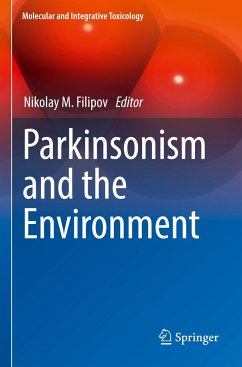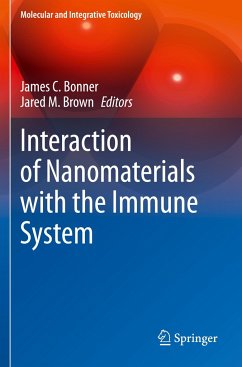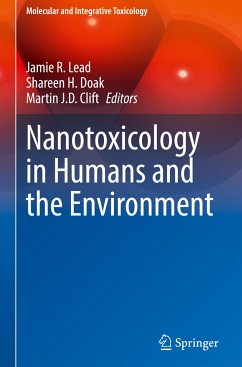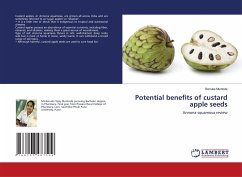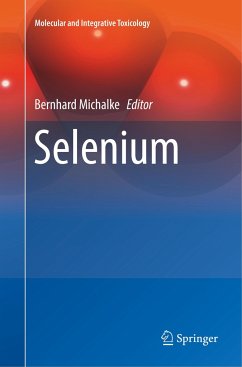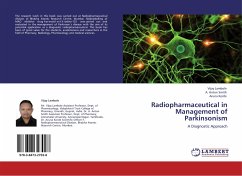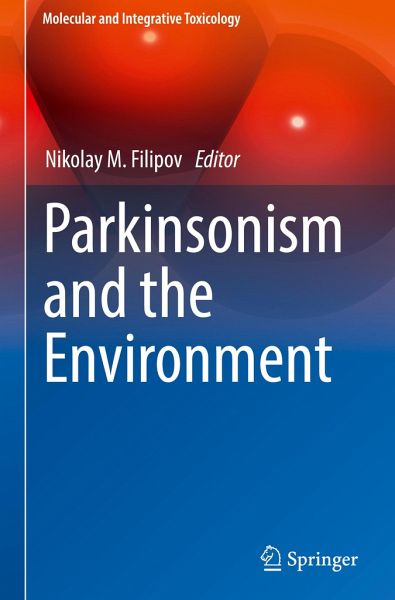
Parkinsonism and the Environment

PAYBACK Punkte
53 °P sammeln!
"The book is comprised of individual reviews with the common goal of providing up-to-date state of the knowledge information on the role the environment plays in the pathogenesis of parkinsonism. The reviews focus on recent advances in the quest of deciphering the molecular and cellular mechanisms of parkinsonian dysfunction, highlight specific emerging dopaminergic toxicants and an alternative experimental model to study the link between environmental exposures and parkinsonism, and provide an update from epidemiological and experimental points of view related to the pesticide exposures and p...
"The book is comprised of individual reviews with the common goal of providing up-to-date state of the knowledge information on the role the environment plays in the pathogenesis of parkinsonism. The reviews focus on recent advances in the quest of deciphering the molecular and cellular mechanisms of parkinsonian dysfunction, highlight specific emerging dopaminergic toxicants and an alternative experimental model to study the link between environmental exposures and parkinsonism, and provide an update from epidemiological and experimental points of view related to the pesticide exposures and parkinsonism/Parkinson's Disease association. Foremost experts in their respective fields are the senior authors on each chapter and the book fills a critical void that now exists as a book of similar nature has not been published in the last 15 years. Researchers and clinicians with an interest in Parkinson's Disease and related disorders, as well as toxicologists, graduate students, and thegeneral public who are interested in the contribution of environmental factors to neurological dysfunction are among the readership for this book."





